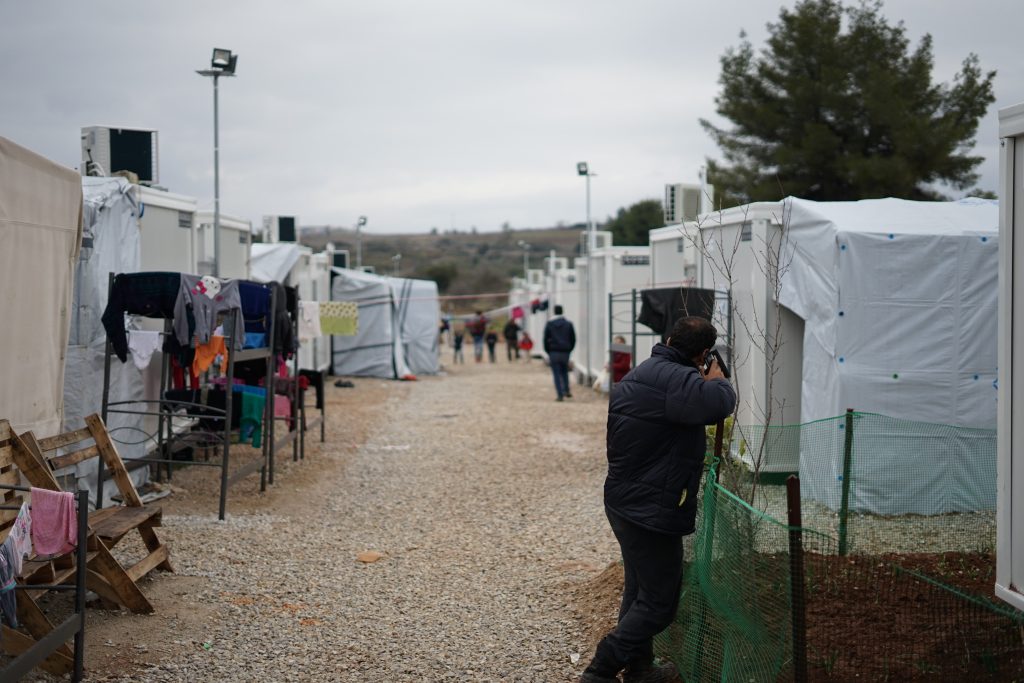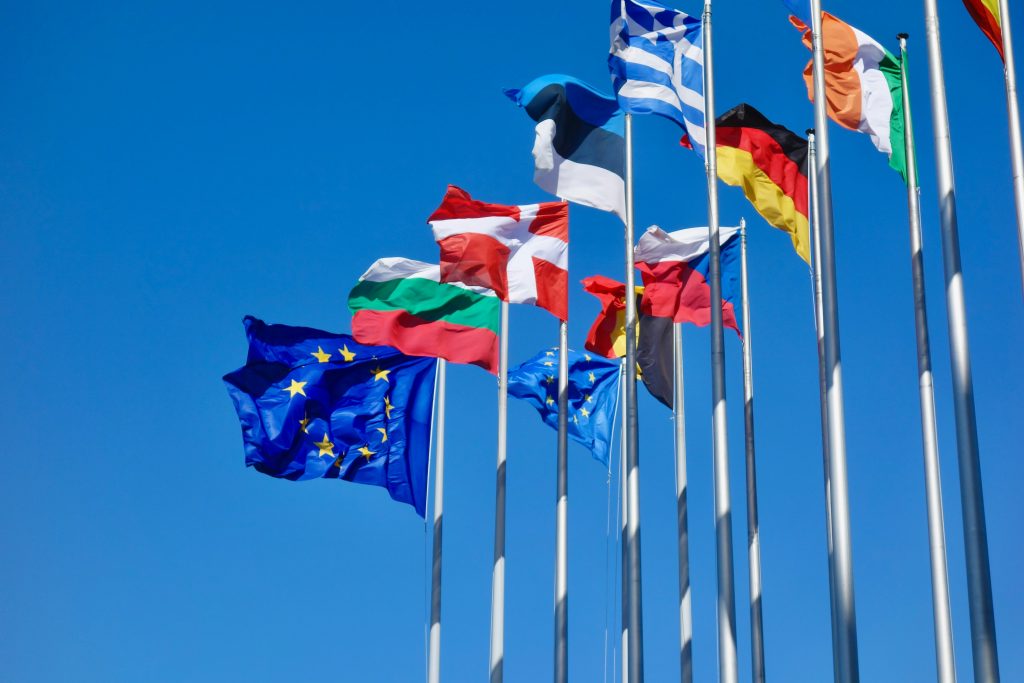The Human Rights Monitoring Institute has submitted conclusions to the Human Rights Committee of the Seimas of the Republic of Lithuania on the draft Law on the Legal Status of Foreigners. The Constitutional Court of the Republic of Lithuania has recognised that the provisions of the Law on the Legal Status of Foreigners regulating the temporary accommodation (de facto detention) of asylum seekers in a registration centre during a state of emergency are contrary to Article 20 of the Constitution, which has necessitated the need to amend such provisions.
The Conclusion draws attention to the long periods of detention, the effectiveness of alternative measures to detention and the protection of vulnerable groups. The draft law provides that a foreigner may be detained for up to 6 months, and in additional circumstances, the person’s freedom may be restricted for up to 12 months. European Union law provides that detention should be as short as possible and should be limited to the time when preparations for removal are properly carried out. States must strive to identify all relevant circumstances as quickly as possible, take appropriate decisions and focus on alternatives to detention. It is recommended to focus on softer and at the same time effective measures rather than detention, even if the person is at risk of expulsion from the Republic of Lithuania.
A Human Rights Watch study found that pilot programmes in Bulgaria, Cyprus and Poland show that monitoring is not necessary to ensure that people enrolled in alternative to detention programmes remain engaged in the immigration process. After the first two years of the pilot programmes, 86% of the participants remained engaged in the immigration procedures, and some reported that their case managers helped them through the complex immigration process. This alternative to detention shows that such methods can be much more effective and less harmful than detention. Detention can have serious negative effects on the mental health and well-being of individuals, can separate migrants from their families and can hinder their integration into society.
Accommodation conditions for detainees are also often not in line with EU standards. Asylum seekers cite overcrowded, unsanitary and even dangerous conditions in detention centres. Detainees were provided with significantly less than the minimum living space per person, there was a lack of cleanliness and hygiene in the common areas, and the food provided to detainees was often expired. It is also important to take into account the needs of the staff in reception and registration centres, as they were often required to work under very heavy workloads, which left them overworked and stressed, and often required them to carry out tasks that were not part of their job description.
The Conclusions also highlight that unaccompanied minors are a particularly sensitive and vulnerable group. It is necessary to focus on alternative measures to the detention of an unaccompanied minor, despite doubts about the age of the person, as these doubts may not be confirmed and the negative experiences of the minor may be detrimental to the development of the person. States must take into account the best interests of the child and ensure that minors have the living conditions necessary for their physical, mental, spiritual, moral and social development.
It also takes into account the fact that it establishes an individual assessment, which is necessary to decide on the detention of a person, but the wording of the law is rather laconic and lacks specificity. It is stipulated that the right of an asylum seeker to move within the territory of the Republic of Lithuania may not be restricted on the basis of the person’s age, state of health, marital status or other individual circumstances. Other individual circumstances indicate that the list is not exhaustive and that a variety of situations are possible, but there is a lack of specific criteria or guidelines as to which circumstances would be considered as falling under this legal framework.
Read the full position here.
Photo: Julie Ricard I Unsplash
The findings were prepared in the framework of the project “Crossing the border: monitoring and advocacy on the rights of migrants and asylum seekers”, supported by the Active Citizens Foundation.









